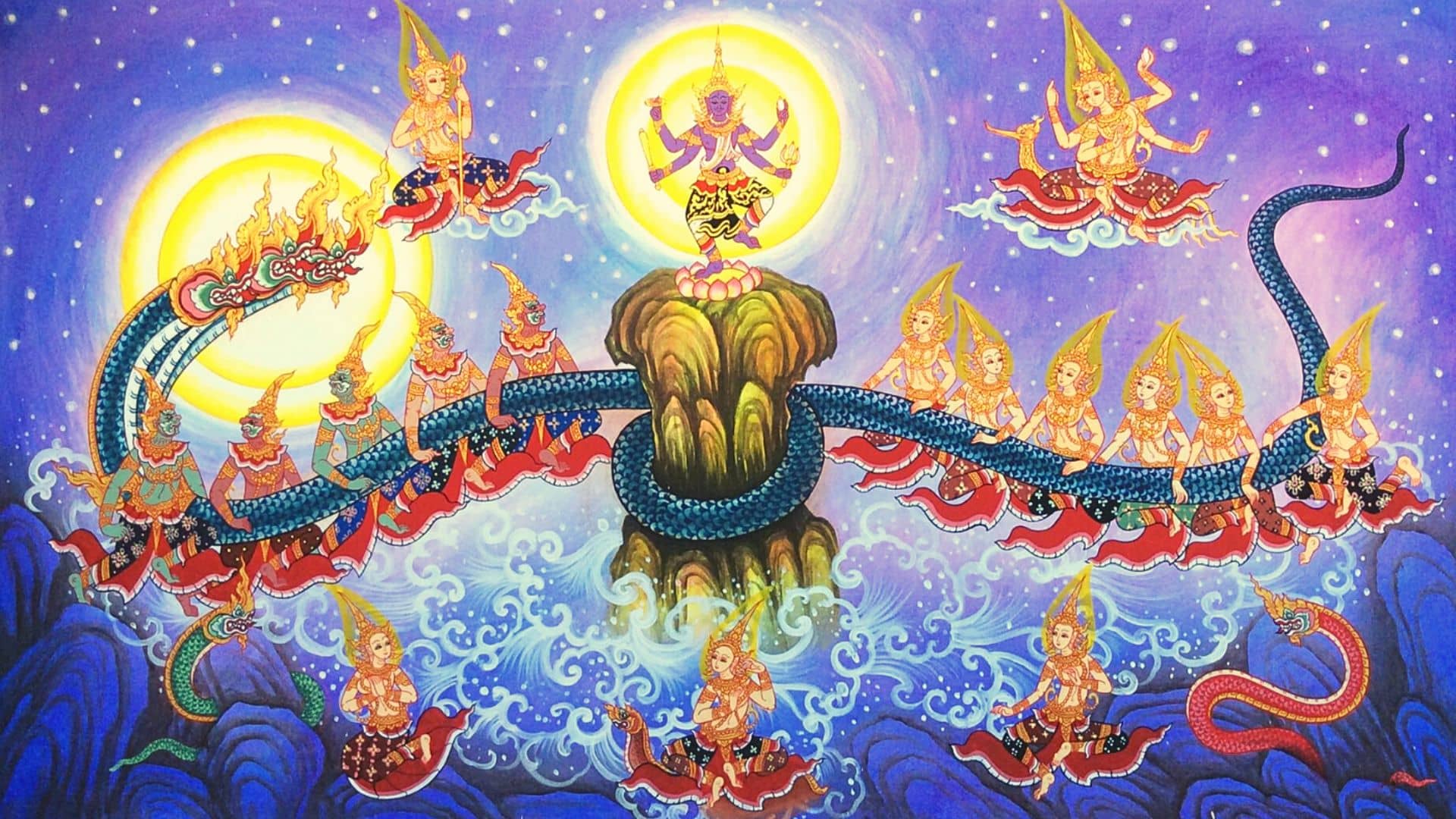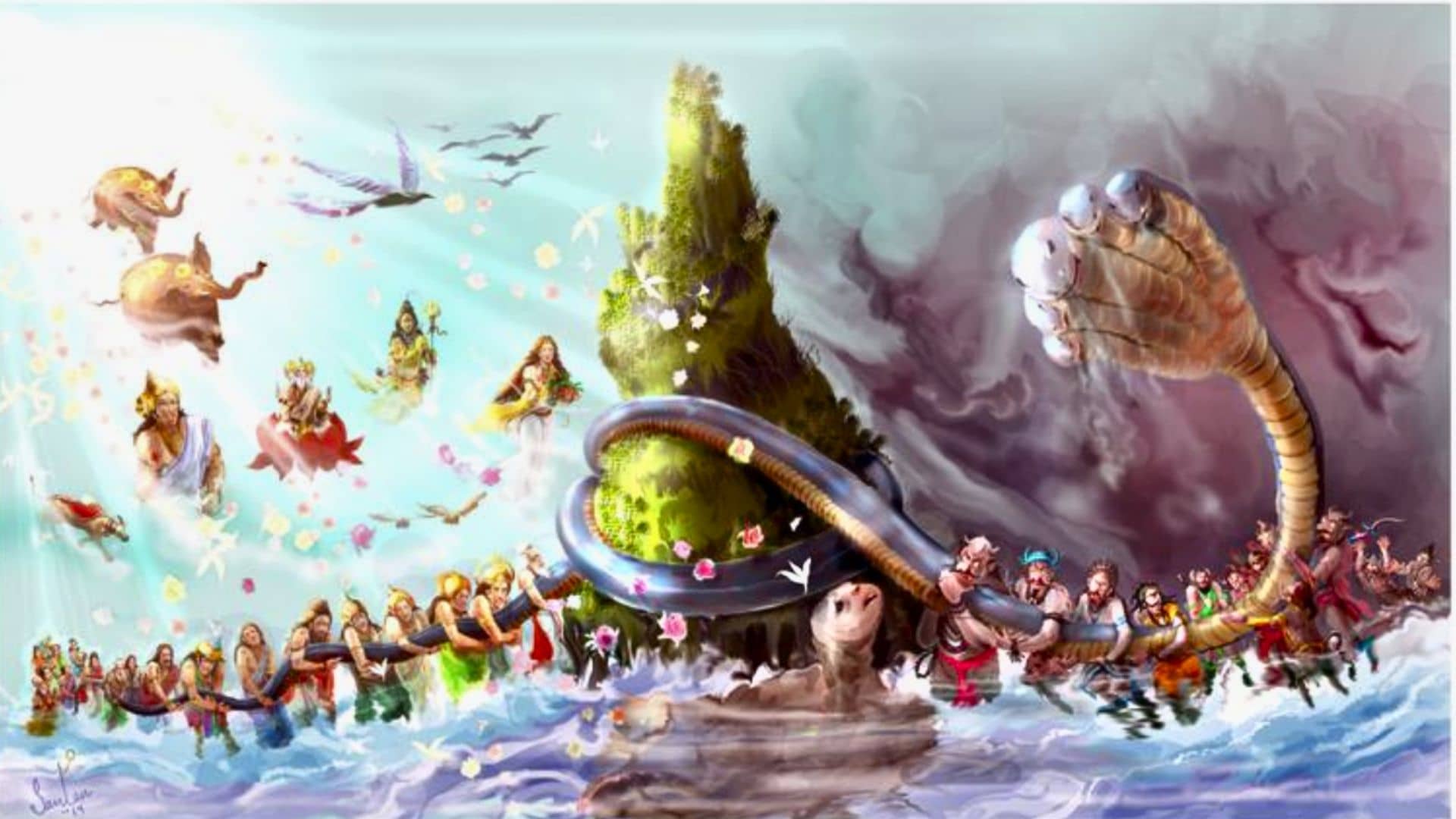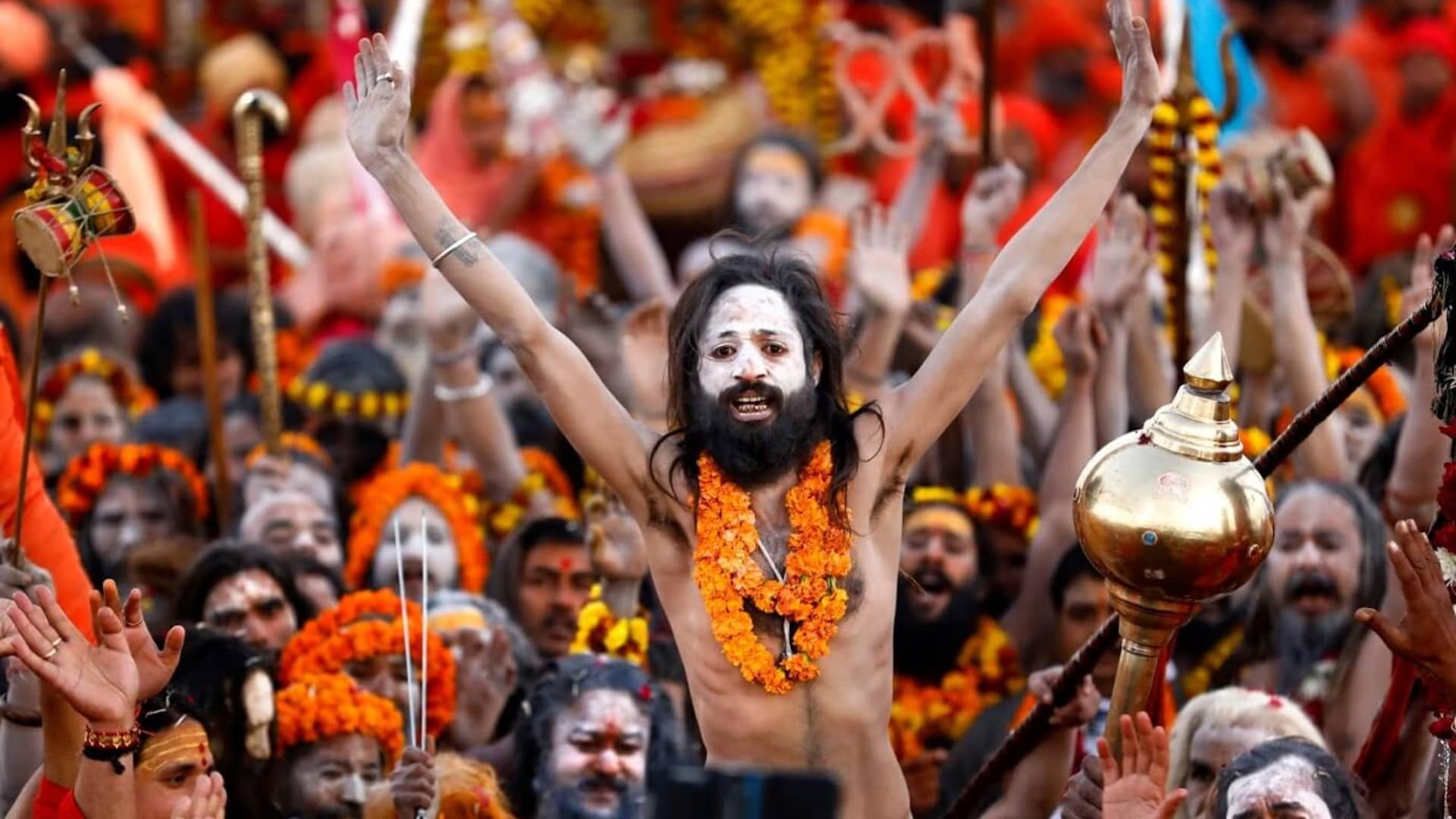Hinduism, one of the oldest religions in the world, is known for its rich tapestry of deities, each embodying different aspects of life and the universe. The gods in Hinduism are revered not just for their divine powers but also for the profound moral and philosophical lessons their stories impart. Let’s delve into the top 10 most powerful gods in Hinduism and understand their significance in this ancient yet ever-evolving faith.
Shiva - The Destroyer
Shiva, the destroyer and transformer, completes the Hindu trinity (Trimurti) along with Brahma and Vishnu. Shiva’s role is to dissolve the universe in order to prepare for its renewal at the end of each cycle of time. He is often depicted with a third eye, representing wisdom, and a snake around his neck, symbolizing his mastery over time and death. Shiva is worshipped in many forms, including the lingam, an abstract representation of his creative energy.
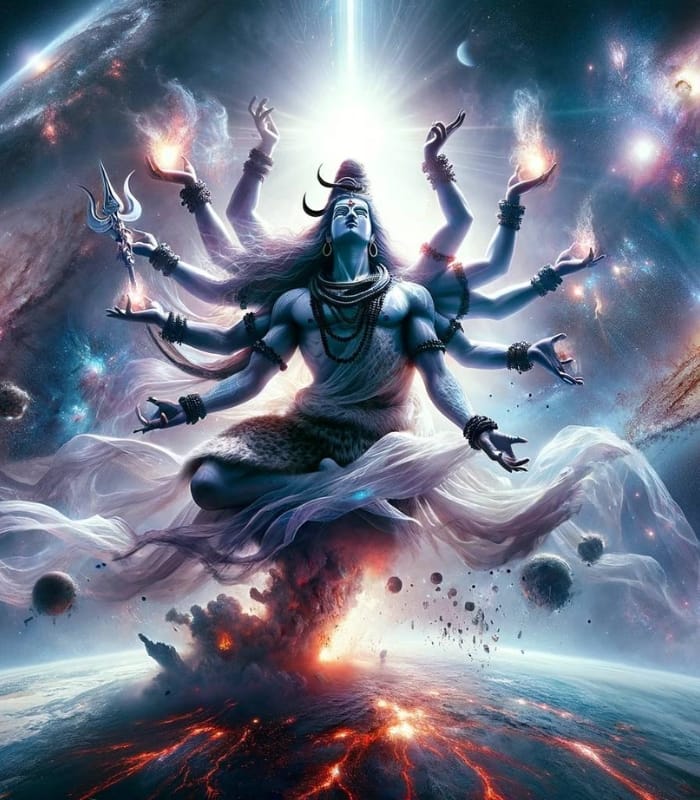
Vishnu - The Preserver

Vishnu, the preserver and protector of the universe, is central to Hindu worship. He is known for his ten avatars, including Rama and Krishna, which he assumes to restore cosmic order. Vishnu’s attributes include the conch, discus, lotus, and mace, symbolizing his divine authority and his role in maintaining dharma (cosmic order). Devotees of Vishnu, known as Vaishnavas, celebrate his power and benevolence through various festivals and rituals.
Brahma - The Creator
Brahma, known as the creator of the universe, holds a pivotal role in Hindu mythology. Often depicted with four faces, each representing one of the Vedas, Brahma’s role is to bring the universe into existence. His consort is Saraswati, the goddess of knowledge. Despite his critical role in creation, Brahma is less commonly worshipped compared to other deities, symbolizing the continuous cycle of creation, preservation, and destruction in Hindu thought.
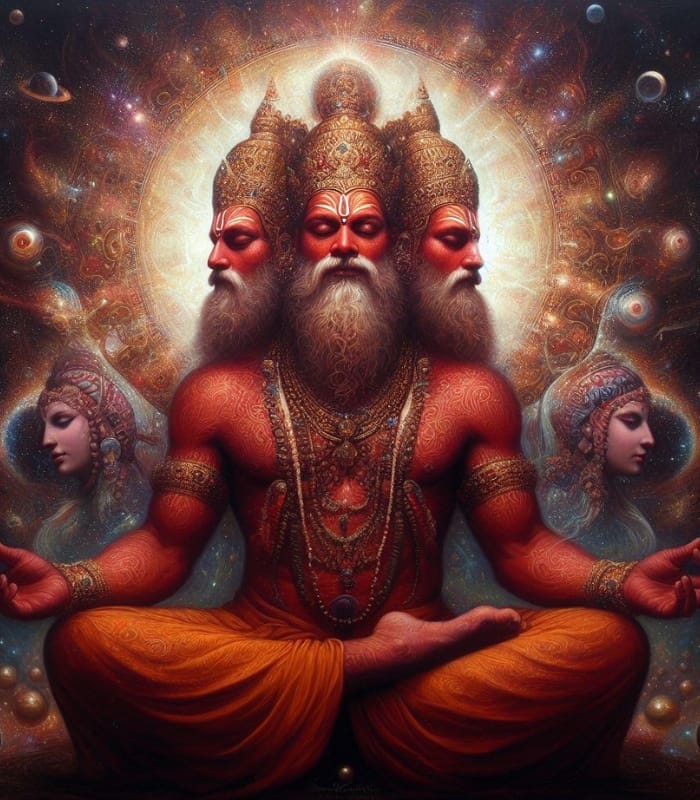
Lakshmi - Goddess of Wealth
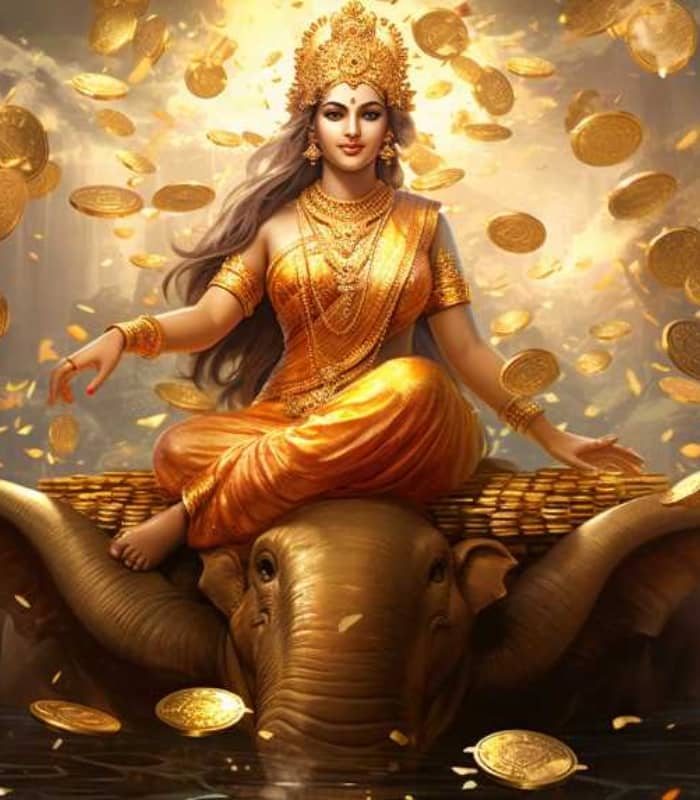
Lakshmi, the goddess of wealth and prosperity, is one of the most widely revered deities in Hinduism. She is the consort of Vishnu and is often depicted seated on a lotus flower, symbolizing purity and spiritual power. Lakshmi is particularly worshipped during Diwali, the festival of lights, where devotees seek her blessings for prosperity and well-being. Her association with wealth extends beyond material riches to encompass spiritual and emotional abundance.
Saraswati - Goddess of Knowledge
Saraswati, the goddess of knowledge, music, art, and wisdom, is highly esteemed in Hindu culture. As the consort of Brahma, she plays a vital role in the creation process through her embodiment of wisdom. Saraswati is depicted with a veena (a musical instrument) and a book, highlighting her connection to the arts and learning. Educational institutions and students frequently worship her, especially during the festival of Vasant Panchami.
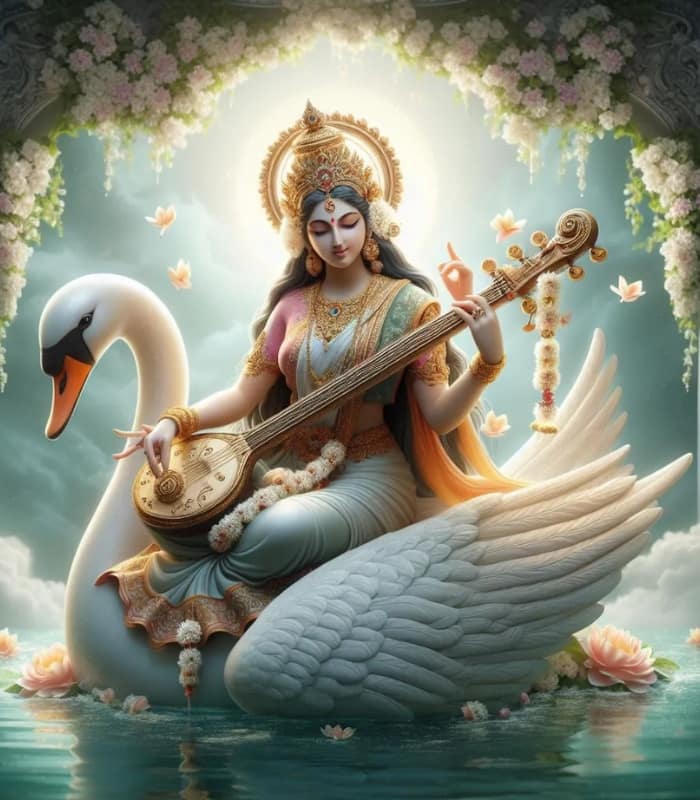
Durga - The Warrior Goddess
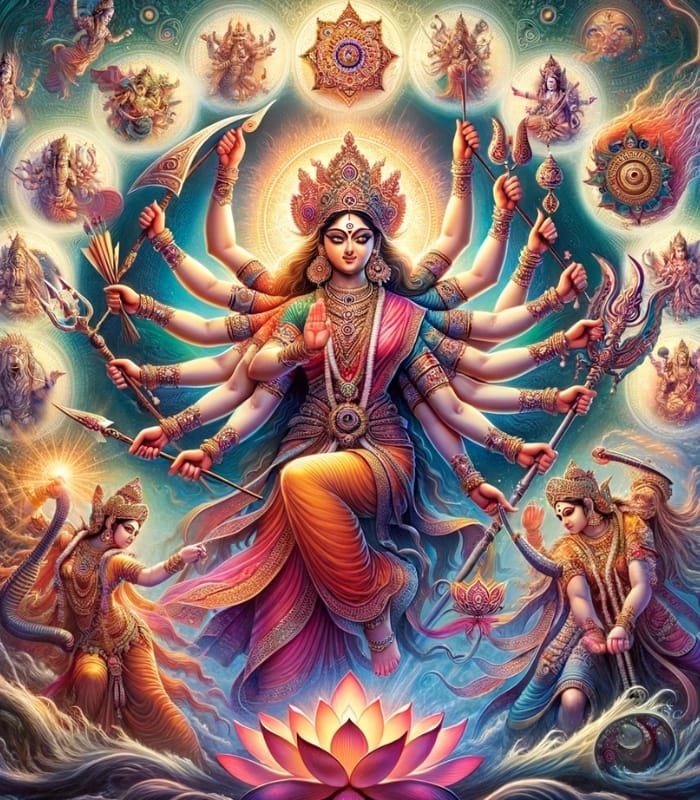
Durga, the fierce warrior goddess, represents the triumph of good over evil. She is depicted riding a lion or tiger and wielding various weapons in her multiple arms. Durga’s most famous victory is over the buffalo demon Mahishasura, symbolizing the destruction of ignorance and injustice. The festival of Navratri is dedicated to Durga, celebrating her strength and protective nature over nine nights of worship and festivity.
Ganesha - The Remover of Obstacles
Ganesha, the elephant-headed god, is perhaps one of the most beloved deities in Hinduism. Known as the remover of obstacles and the god of beginnings, Ganesha is worshipped at the start of any new venture or journey. His attributes include a broken tusk and a modak (sweet), symbolizing the rewards of a disciplined life. Ganesha’s birthday is celebrated as Ganesh Chaturthi, a vibrant festival marked by grand processions and elaborate rituals.
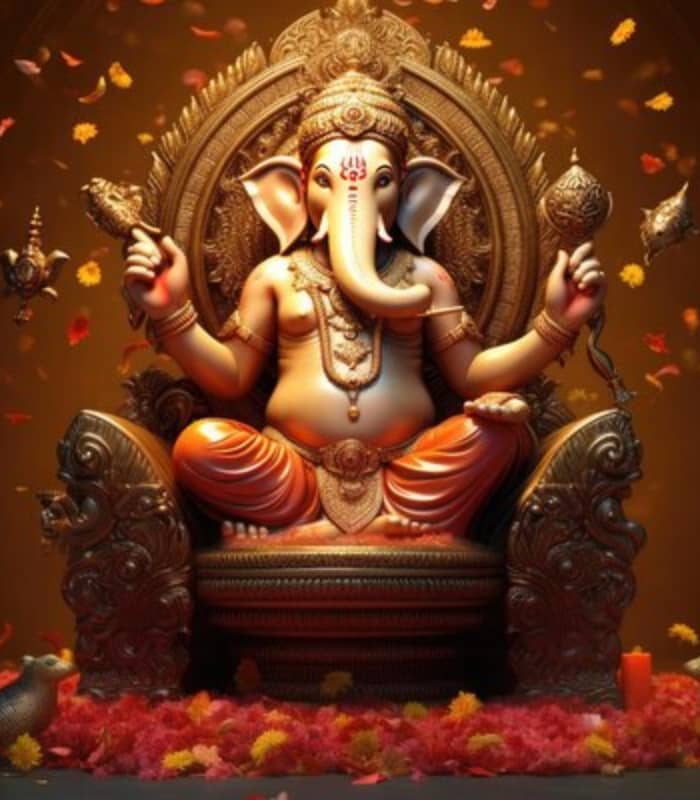
Hanuman - The Monkey God
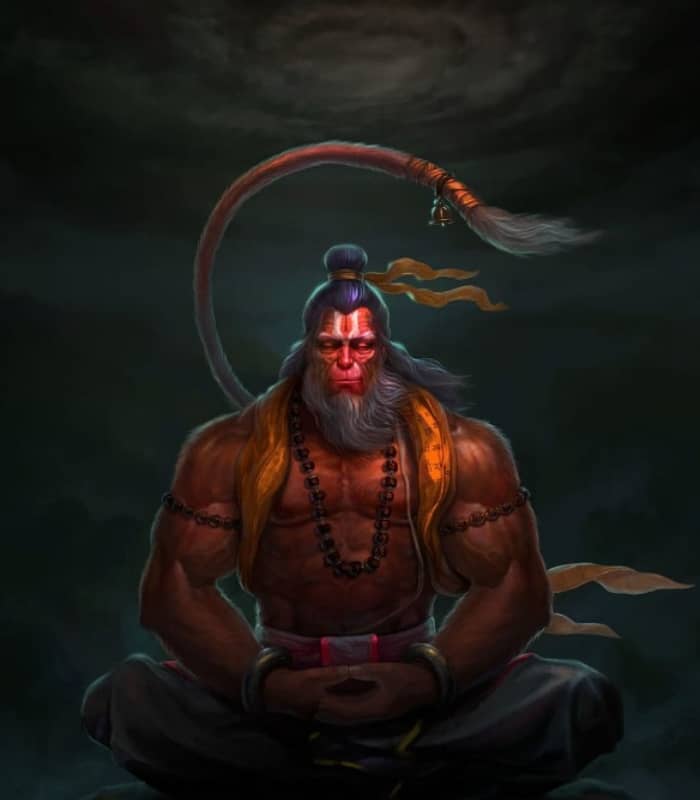
Hanuman, the devoted monkey god, is celebrated for his unwavering devotion to Rama, one of Vishnu’s avatars. Hanuman’s strength, courage, and selfless service are immortalized in the epic Ramayana, where he plays a crucial role in the rescue of Sita. Devotees worship Hanuman for his virtues of loyalty and humility, often reciting the Hanuman Chalisa, a hymn praising his deeds and qualities.
Krishna - The Divine Lover
Krishna, one of Vishnu’s most beloved avatars, is worshipped as the god of love, compassion, and joy. His life and teachings are chronicled in the Mahabharata and the Bhagavad Gita, where he serves as a divine guide to the warrior Arjuna. Krishna’s playful and loving nature is celebrated during Janmashtami, his birthday, with joyous festivities, dances, and reenactments of his youthful exploits.
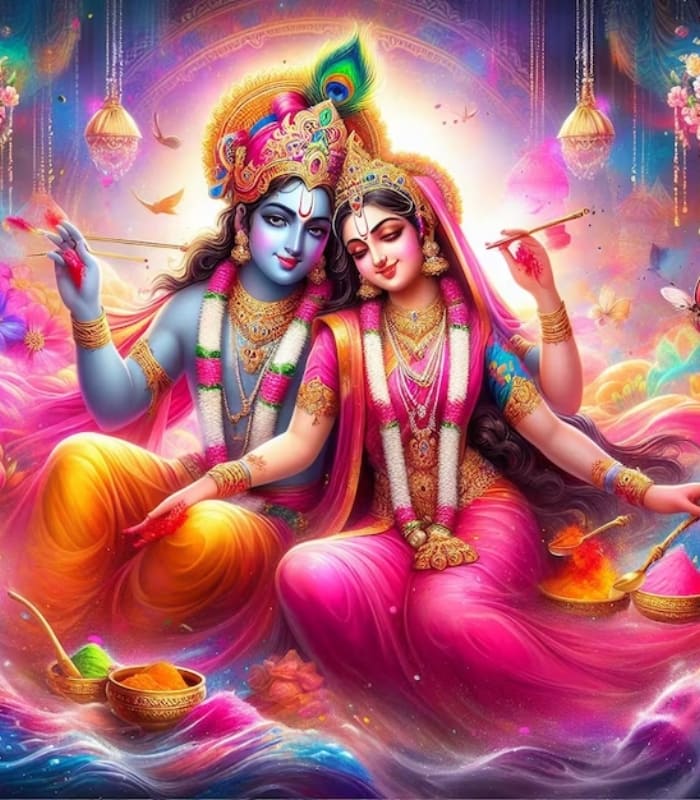
Kali - The Fierce Protector
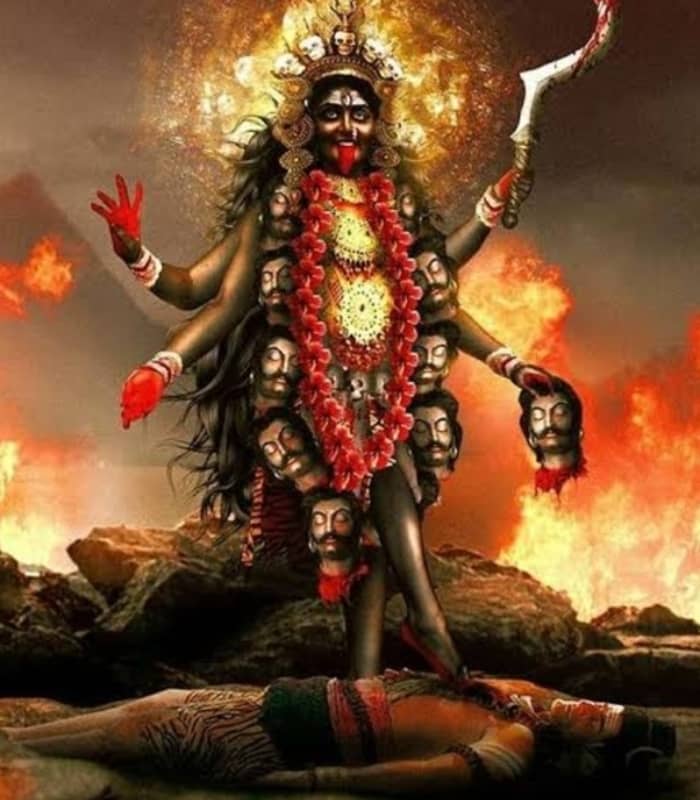
Kali, the fierce and fearsome goddess, embodies the darker aspects of life and death. She is often depicted with a garland of skulls and a blood-red tongue, symbolizing her power over destruction and her role as a protector against evil. Despite her terrifying appearance, Kali is revered as a compassionate mother figure who liberates her devotees from the cycle of birth and death. Kali Puja, coinciding with Diwali, is a major festival dedicated to her worship.
Conclusion
The gods in Hinduism offer a diverse and profound reflection of the human experience, encompassing creation, preservation, destruction, wisdom, and devotion. Each deity, with their unique attributes and stories, provides valuable lessons and guidance for adherents. Understanding these gods helps us appreciate the rich cultural and spiritual tapestry of Hinduism, illustrating how ancient traditions continue to resonate in modern times.
People Also Ask
Hinduism’s pantheon reflects the belief in a single supreme reality manifested in various forms. Each god represents different aspects of life and the universe, catering to the diverse needs and beliefs of devotees.
The choice of deity often depends on personal inclinations, family traditions, and regional practices. Devotees might worship a particular god that aligns with their desires, professions, or life stages.
While all gods are revered, certain deities like Vishnu, Shiva, and Devi hold more prominence due to their roles in the cosmic functions of creation, preservation, and destruction. However, each god’s significance can vary among different communities and individuals.
Festivals in Hinduism are not only religious celebrations but also cultural events that bring communities together. They mark important events in the gods’ lives, offering devotees opportunities for worship, reflection, and celebration.
The myths and legends of Hindu gods provide moral and ethical guidance, offering lessons on virtues like devotion, courage, and wisdom. These stories are integral to cultural education and are often referenced in daily prayers and rituals.

